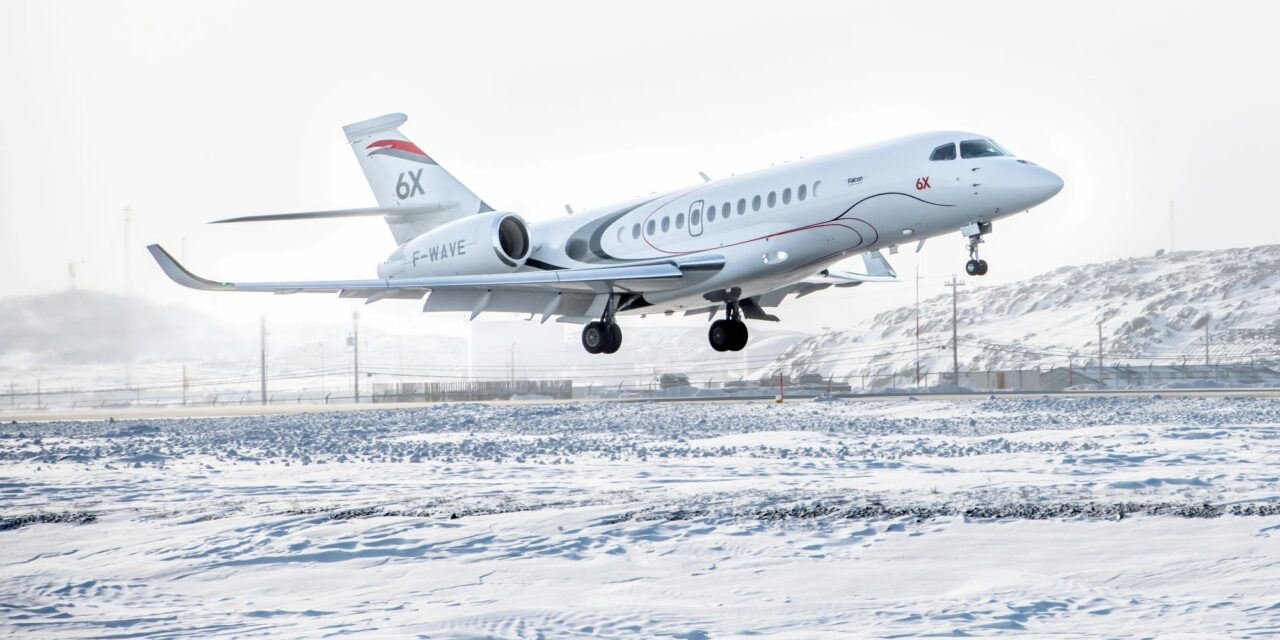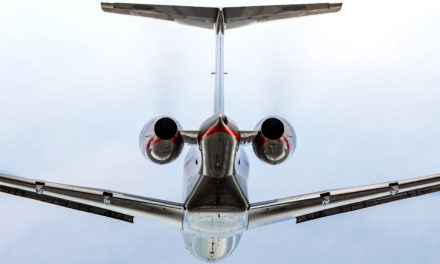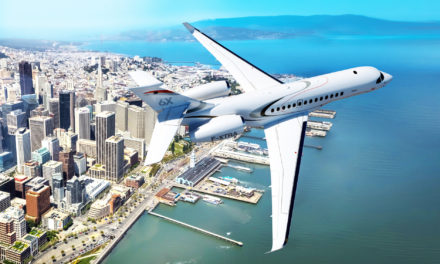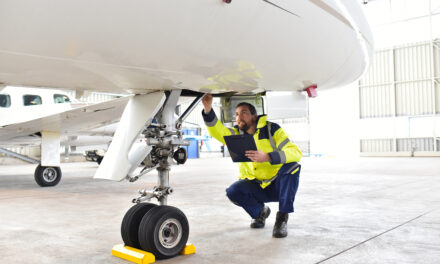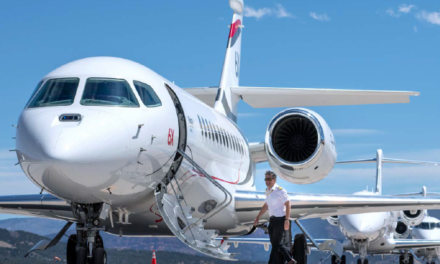Dassault Aviation unveiled its 2021 results on March 4. For the aircraft manufacturer, “2021 was a good year, both in the civil and military sectors, with exceptional orders of 100 aircraft (49 Rafale and 51 Falcon) and revenues of €7.2 billion, with the delivery of 30 Falcon aircraft (compared with 25 initially planned) and 25 Rafale. The order book at December 31, 2021 includes 55 new Falcon jets, compared with 34 at end-2020.
Dassault also announced the highlights of the year for its civil aircraft range, with the first flight of the Falcon 6X on March 10, 2021, and the announcement of the Falcon 10X program, the largest business jet ever launched, capable of flying over 14,000 kilometers. These two aircraft already look set for success and should enable the aircraft manufacturer to support the recovery in business activity that began during the Covid period, as Eric Trappier, Chairman and CEO of Dassault Aviation, points out: “This increase in business activity is linked to a recovery in the business aviation market and the expansion of the range with the arrival on the market of the Falcon 6X and the launch of the Falcon 10X. It is also explained by the fact that the second-hand sector has maintained a good level of activity, opening up the opportunity to develop sales of new aircraft, given the partial halt in traffic. These signs of recovery underline an active market and a return of buyers interested in the two new programs. A strong recovery compared to 2020, but still facing supply difficulties for certain materials since the Covid crisis, and a significant impact on the supply chain, according to Eric Trappier, CEO of Dassault Aviation. This situation could be prolonged by the conflict in Ukraine, particularly concerning the supply of titanium. Nevertheless, the CEO was reassuring, saying he was working with the steel industry and the French government on this issue.
Falcon 6X on schedule
Dassault also mentioned the “special mission” market, indicating that it has delivered the sixth Falcon 2000 to the Japan Coast Guards. With this market booming, Dassault says it is continuing to prospect in this sector. The “Albatros” program (maritime surveillance and intervention aircraft based on the Falcon 2000LXS platform) and the “Archange” program (electronic warfare aircraft based on the Falcon 8X platform), developed for the French armed forces (Navy and Air Force), are also under development.
On the civilian side, the aircraft manufacturer provided an update on the Falcon 6X program. The program is on schedule, despite the supply chain difficulties mentioned above. Three prototypes have been completed and the program has accumulated 650 flight hours over 220 flights. For Eric Trappier, the aircraft has “excellent flight behavior and performance is in line with our expectations. Among the latest tests, those carried out in extreme cold, notably in Iqaluit in December, where temperatures dropped to -25°C (-13°F). Prototypes 4 and 5, which will actually be pre-series aircraft, are currently being fitted out in Little Rock, USA. These two aircraft are scheduled to fly around the world in the second half of 2022 to “demonstrate the aircraft’s operability, while presenting it to potential buyers during their stopovers.
Environmental issues
Faced with environmental issues, the aircraft manufacturer has indicated that it wants to use Sustainable Aviation Fuel (SAF) as much as possible during the certification tests and the tour. However, the use of SAF fuel is subject to the availability of the product throughout the world. At the same time, the aircraft manufacturer reiterated its commitment to eco-responsibility by developing new industrial processes and optimizing existing ones to reduce its carbon footprint. Dassault Aviation.
Dassault Aviation has also announced that it is working on technologies to further reduce the carbon footprint of its future aircraft, as well as joining the European CleanSky and Sesar partnerships, notably in research on optimizing flight plans and air traffic.

